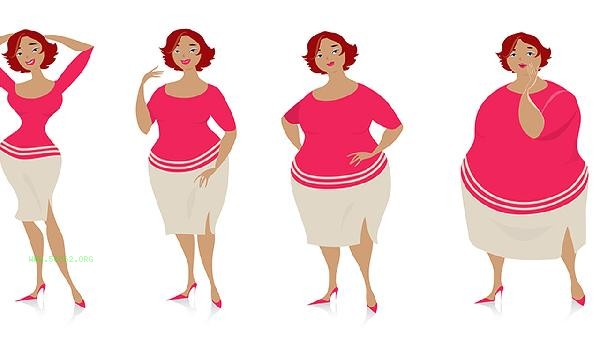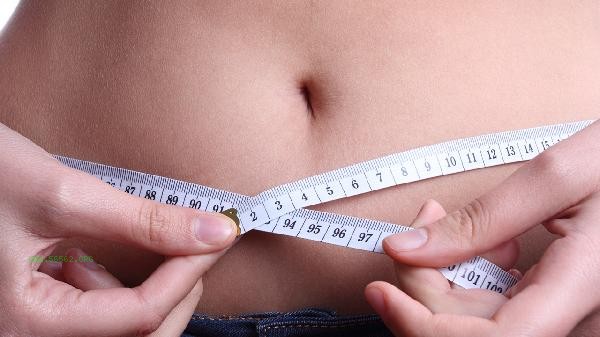Dieting to lose weight is usually caused by the decline of basic metabolic rate, muscle loss, water retention, imbalance of diet structure, hormone level disorder and other reasons.
1. Decreased basal metabolic rate:

Long term low calorie intake can activate the "energy-saving mode" of the body, and the basal metabolic rate can be reduced by 15% -30%. When daily calorie consumption decreases, even with strict dietary control, weight may stagnate. It is recommended to restore normal diet and activate metabolism through intermittent heat cycling, such as 1-2 days a week.
2. Muscle loss: About 30% of weight loss during dieting comes from muscle breakdown. Muscles are major energy consumers, consuming 13 calories per kilogram of muscle per day, and further reducing metabolism after loss. supplementing with high-quality protein such as eggs and fish combined with resistance training can reduce muscle loss.
3. Water retention:
Excessive sodium intake or increased cortisol will lead to water and sodium retention, which will cover up fat reduction in a short term. Hormonal changes before menstruation in women can cause weight gain of 1-3 kilograms. Increasing potassium intake from bananas, spinach, and moderate aerobic exercise can help with water metabolism.

4. Imbalance in dietary structure:
Simply reducing calories but lacking in nutrients, such as only eating boiled vegetables, can lead to deficiencies in vitamin B and iron elements, affecting the activity of fat metabolism enzymes. It is recommended to ensure a daily intake of at least 12 types of food, with priority given to low GI carbohydrates, high fiber vegetables, and healthy fats.
3. Hormonal disorders:
Decreased leptin levels increase hunger, while ghrelin increases hunger by 30% -40%. Decreased thyroid hormone T3 reduces daily consumption by 200-400 calories. Regular sleep and moderate intake of nuts can help regulate hormones.
Adjusting dietary patterns should adopt a tiered calorie control approach, with an initial reduction of 10% -20% calories, and a weekly weight loss of no more than 1 kilogram. Increase protein to 1.2-1.6 grams per kilogram of body weight and drink at least 2000 milliliters of water per day. Combining strength training and aerobic exercise for 150 minutes per week at moderate intensity, focusing on changes in body fat percentage rather than just weight numbers. Women should pay attention to the impact of their menstrual cycle on their weight, and it is recommended to weigh on an empty stomach at a fixed time in the morning. Long term dieting for more than 3 months may lead to metabolic adaptation, at which point a professional nutritionist is needed to develop a metabolic reset plan.





Comments (0)
Leave a Comment
No comments yet
Be the first to share your thoughts!